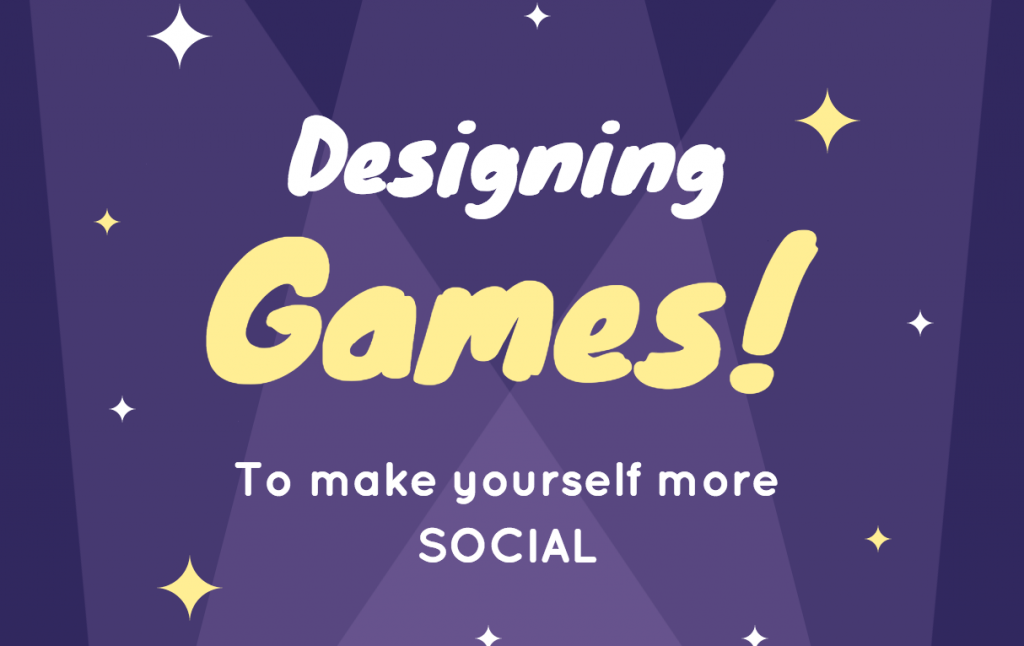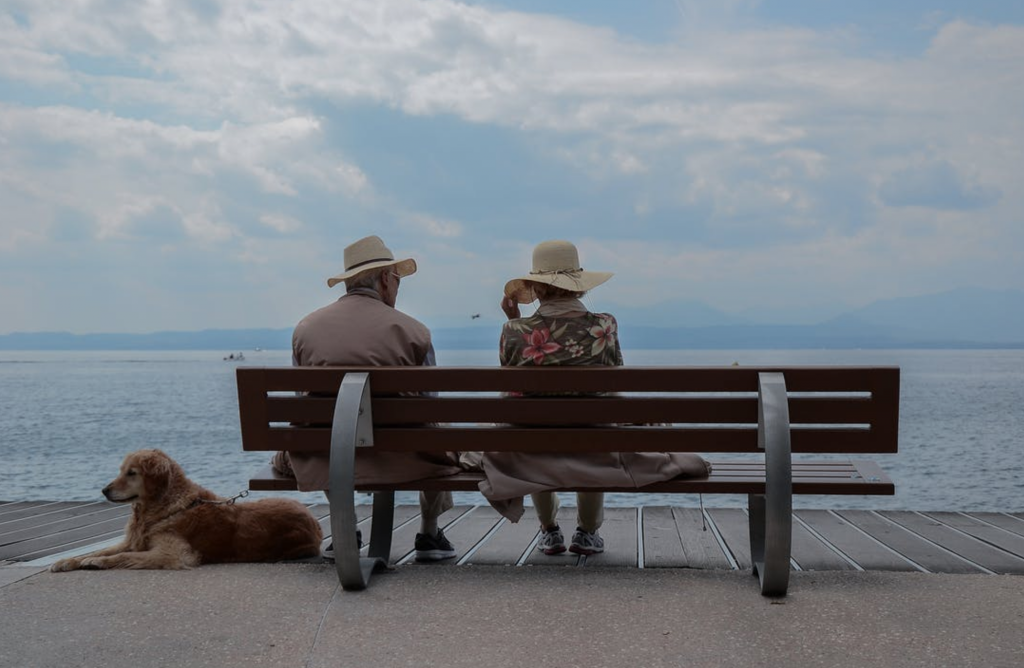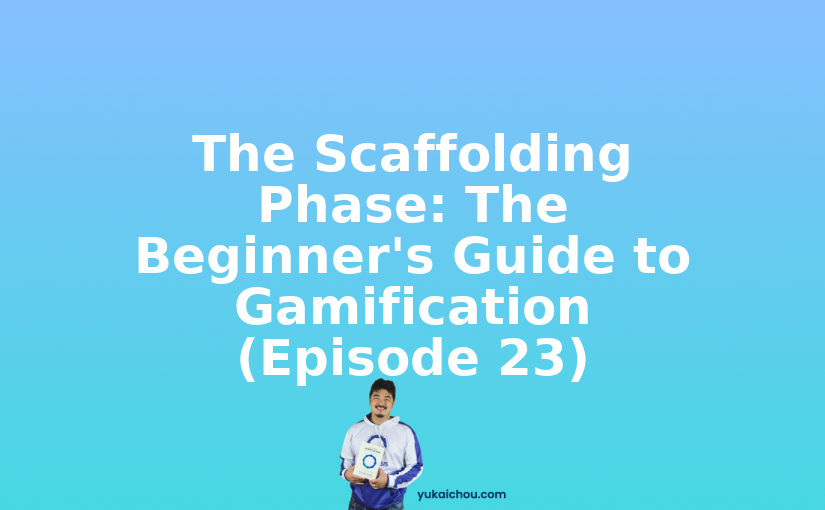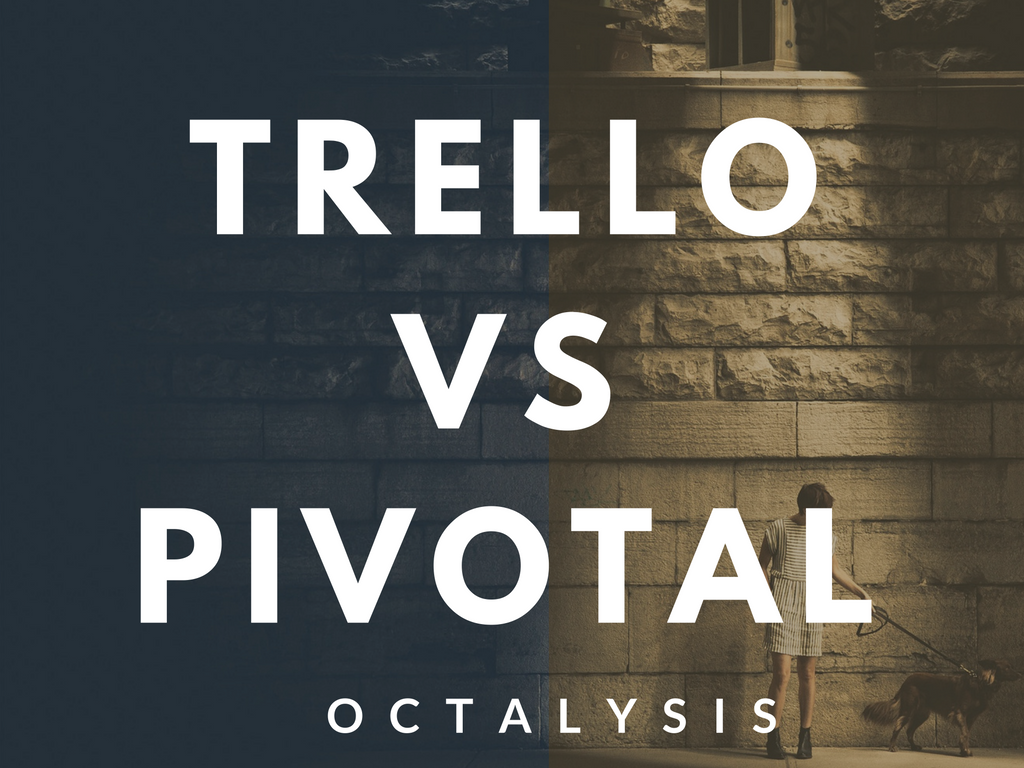This article was written by Erik van Mechelen based on a conversation between Octalysis Prime member Russell Lee and Yu-kai Chou about how to design personal games for the practice of being more social.
Developing a Practice of Being More Social
In our most recent Octalysis Prime Brief (a place to chat for Octalysis Prime members once every two weeks), member Russell Lee asked about how to use gamification principles to be more social.
Even though he waited until the last 5 minutes of the one-hour session to ask the question, Yu-kai had a great conversation with him. It’s something we might all learn from, especially those of us a bit shy or lazy or fearful in social settings.
This post aims to capture those ideas and principles.
Get over the fear of engaging in conversations with strangers
Let’s imagine you wanted to get over the fear of engaging in conversations with strangers. This would help you
- network at business events,
- talk to new people at parties, and
- make the most of chance encounters with people in grocery stores or people you see in a 30-second elevator ride.
Remember, it’s natural to feel some fear.
In Actionable Gamification, Yu-kai shared (audiobook) that is his experience moving back to Taiwan at a young age (from South Africa) meant he was behind his peers in learning Chinese. This put him at a disadvantage socially, too.
Later, though, he was voted into and took on the role of chess club president and elevated his confidence. You could have a similar transformation.
If you want the above goal, consider the game of getting over your fear of these conversations as your game or business metrics (in the language of the Octalysis Strategy dashboard).
To begin, let’s take the example of a business networking event.
Your desired action could simply be to get people to talk to you. Count every sentence spoken (by the other person) as the desired action. To continue the exchange, reward the person with whom you’re speaking with a compliment.
This feeling of being listened to is a reward and sometimes triggers the next desired action: that person speaking another sentence and sharing a little more. Your response to their next statement, usually with a question or a “tell me more” prompt continues it further.
Strangely, the more someone says to you or shares with you, the more they will trust you. And trust is good for future conversation and relationships.
Do this as long as you can to continue the conversation. Your response to their next statement, usually with a question or comment, might trigger the next desired action.
Don’t worry too much if the conversation isn’t that interesting. You can always level up to a game where you will kindly leave conversations that aren’t interesting.
This is why it’s very important to define these desired actions. Start small and level up later.
As another example: in the case of talking to people at parties, you might create a bingo game of rejections (or short conversations) as a way to strive for more rejections. More rejections mean you will complete your bingo game give you more practice in engaging with people in this setting (the business metric). And by “failing” through rejection, you can still feel great about the practice and completion of your game.
You could have zero good conversations at a party but gain incredible practice.
Some tips to make conversation:
- have confidence
- radiate enthusiasm and energy (genuinely)
- help others feel good (CD5)
From a content perspective:
- Add relevant comments to show you are listening (“this part of what you said was interesting, tell me more about that”)
- Give relatable feedback (“my friend had the same thing happen, that’s amazing you made it through that difficult time”)
- Ask follow-up questions (“how’d you accomplish that?”)
Be brief. When you ask a question, let the other person respond 🙂
This should get you thinking.
Reply to this email (or on the Octalysis Explorers Facebook group) to share what social settings are challenging you. What game could you create to improve your interactions?









